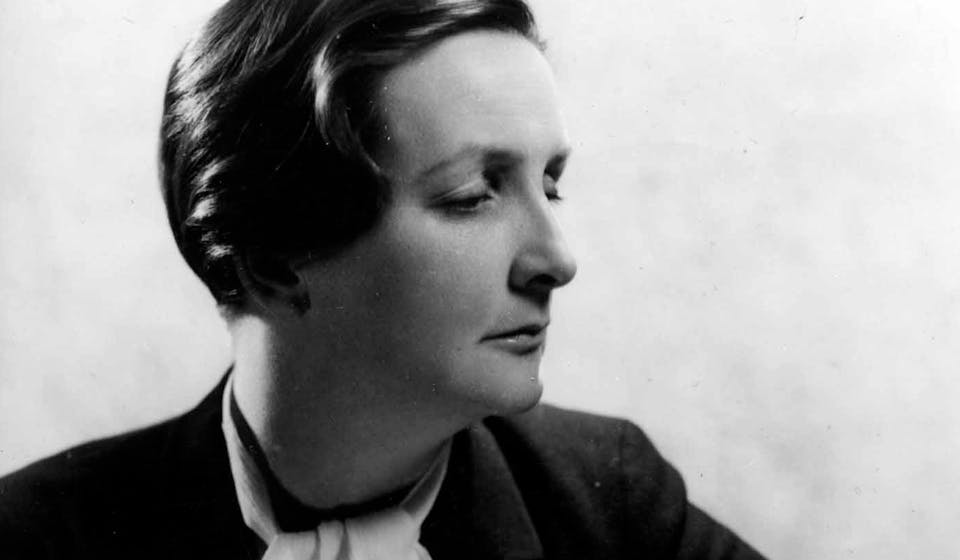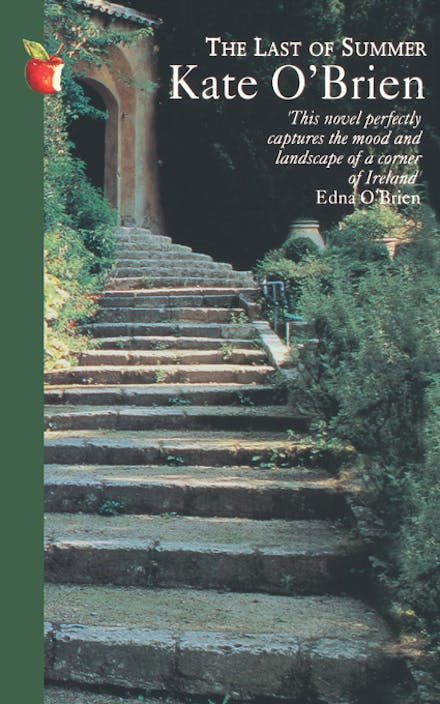Imprint
- Virago
Modern & contemporary fiction (post c 1945)
* a perfectly structured psychological love story
* a drama of family and Irish history unfold on the brink of WWI*This novel perfectly captures the mood and landscape of a corner of Ireland' Edna O'BrienAN AWARD-WINNING AND REMARKABLE IRISH NOVELIST
'This family tale mirrors the history of a country that can never evade its own past' The TIMES
'Rush out for the works of Kate O'Brien. You are in for a treat' VAL HENNESSY
'A fuller appreciation of modern literature and a greater understanding of twentieth century Ireland' IRISH TIMESIt is 1939, the last summer before the outbreak of war. French actress Angele Maury abandons a group of friends travelling through Ireland and takes herself to picturesque Drumaninch, birthplace of her dead father. She has come to make sense of her past. Self-conscious with her pale, exotic beauty, Angele braves the idiosyncratic world of the Kernahans: her enigmatic aunt Hannah, her ridiculous but loveable uncle Corney and her three cousins - Martin, charming, intense; Tom, devoted to his mother, and their bright sister Jo, who combines religious faith with a penchant for gambling.
But is there some mystery surrounding the past? History threatens to repeat itself as Angele finds herself seduced by the beauty of Ireland, and by the love of two men . . . first published in 1943, The Last of the Summer is a perfectly structured psychological love story.
Praise for The Last Of Summer
-
Rush out for the works of Kate O'Brien. You are in for a treat - Val Hennessy
-
This family tale mirrors the history of a country that can never evade its own past - The TIMES

Kate O'Brien
Kate O'Brien (1897-1974) lived in London and also in Spain, where she developed a passionate and enduring love of Spanish literature and culture. One of the twentieth century's greatest novelists, her fiction broke new ground in Irish writing by focusing on the prosperous Catholic bourgeoisie and by giving central importance to women's struggle for selfhood in a rigidly sex-stereotyped society.























.png?auto=compress&w=150&h=60&fit=crop&fm=jpg)
.png?auto=compress&w=150&h=60&fit=crop&fm=jpg)



